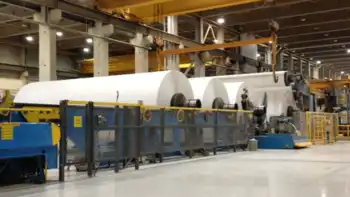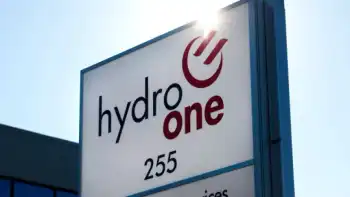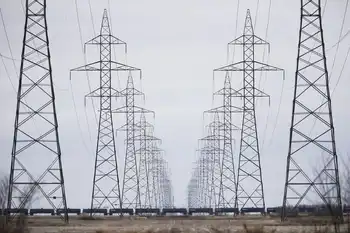University of Birmingham to examine cleaner coal generation
The UK is facing a shortfall in electricity production by 2015 due to projected economic growth, life expectancy of existing power stations and because it will take a further ten years to build new nuclear power stations.
Governments worldwide are still looking at coal as a source of electrical power generation but are searching for ways to use the fossil fuel while keeping within legally binding emission reduction targets.
Supercritical coal-fired plant technology – which operates at higher temperatures and pressures – is one option being considered as it improves energy efficiency and reduces CO2 emissions.
The boilers cost less than other clean coal technologies and can be fully integrated with appropriate means of CO2 capture.
Carbon capture and storage (CCS) technology works by collecting the emissions produced from burning fossil fuels, in this case coal, and buries them in disused oil and coalfields offshore, preventing them from being released into the atmosphere.
Dr Jihong Wang, lead investigator from the University’s School of Electronic, Electrical and Computer Engineering, said: “Between 2015 and 2020 the UK will lose 25 per cent of its power generation capacity. We need reliable and affordable power technology to fill the gap. Although there is a wide variety of new generation technologies being considered, cleaner coal-fired power generation is a viable and realistic choice. The main objective of the project is to gain a clearer picture of the plant’s dynamic performance through mathematical modelling and to develop optimal control strategies.”
Dr Bushra Al-Duri, of the University’s School of Chemical Engineering, said: “We propose to build a small-scale model of a supercritical water cycle in our laboratory, which will help us to monitor and ascertain the feasibility and efficiency of this new technology to improve the performance of existing systems.”
As China already has 24 supercritical units in operation, the engineers at the University will collaborate with Chinese universities and energy companies to discover more about how this new technology could be integrated into the UK electrical power supply system.
The UK government is pursuing clean coal technology to help it achieve its ambitious emissions reduction targets.
In this yearÂ’s Budget, Chancellor Alistair Darling said a new funding mechanism would finance between two and four projects testing the use of CSS technology.
Targets set by the Department for Energy and Climate Change will ensure that no new coal-fired plants can be built without CCS technology and plants must immediately collect and bury at least a quarter of all carbon emissions.
Climate Change secretary Ed Miliband said it was not possible to capture and store 100 per cent of the carbon emissions from the plants immediately but that 100 per cent capture must be attained by 2025.
Related News

Nova Scotia's last paper mill seeks new discount electricity rate
HALIFAX - Nova Scotia Power is scheduled to appear before government regulators Tuesday morning seeking approval for a unique discount rate for its largest customer.
Under the four-year plan, Nova Scotia Power would control the supply of electricity to Port Hawkesbury Paper, with the right to direct the company to increase or reduce daily consumption throughout the year.
The rate proposal is supported by the mill, which says it needs to lower its power bill to keep its operation viable.
The rate went into effect on Jan. 1 on a temporary basis, pending the outcome of a hearing this week before the Nova…




